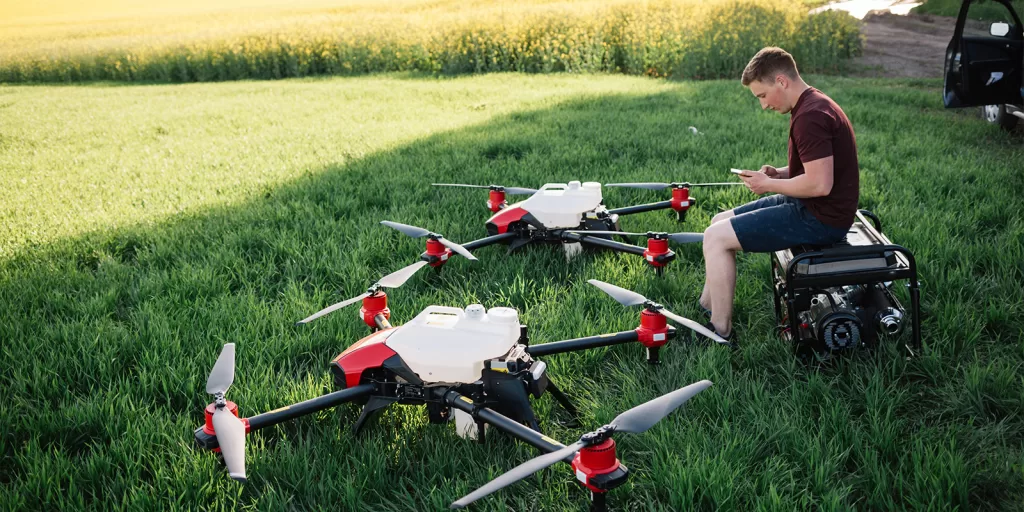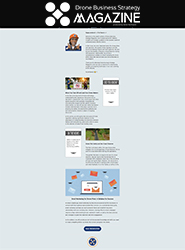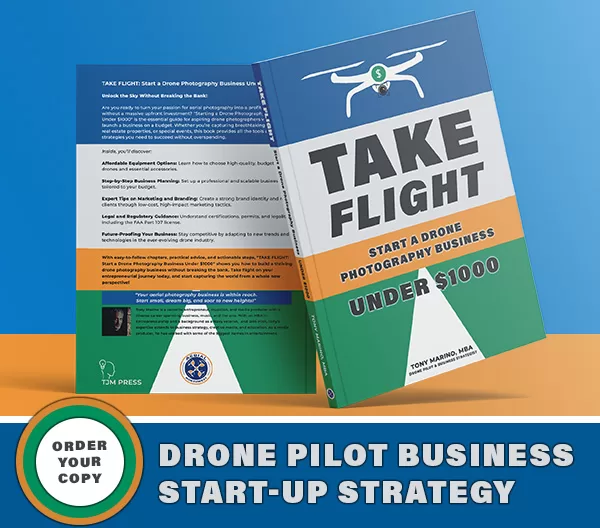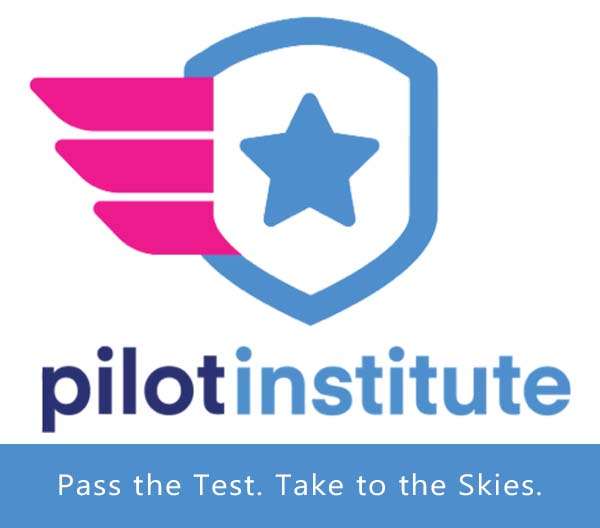
Flying drones has captivated many enthusiasts due to the excitement of soaring through the skies and exploring new perspectives. However, the allure of turning this hobby into a profession is undeniable. The year 2024 has brought forth a remarkable shift, with drone piloting emerging as a lucrative career option across various industries. 2025 is slated to feature even more drone pilot job opportunities.
This article delves into the expanding drone pilot job market, shedding light on the sectors that are actively seeking skilled drone pilots.
Is the Demand for Drone Pilots on the Rise?
The Association for Unmanned Vehicle Systems International predicts a substantial surge in drone pilot job opportunities, estimating the creation of over 100,000 positions by 2025. The escalating demand for drone pilots is palpable and shows no signs of abating. Companies are earmarking more than $16 billion for drone-related investments within the next eight years, with sectors such as advertising, construction, and security leading the charge.
Indeed, the drone industry is projected to achieve an impressive growth rate of 51.1% in the forthcoming five years.
Turning Drone Piloting into a Viable Career
The question of whether one can carve out a career as a drone pilot in 2025 is complex yet promising. The answer is an affirmative “yes,” but it requires nuanced considerations. With over a thousand job openings for drone pilots available on platforms like Indeed at any given time, the opportunities are abundant across the United States. However, the barrier to entry remains relatively low, as the cost of obtaining a quality drone and acquiring the FAA’s “Part 107” certification exam amounts to a mere $175.
As the market becomes increasingly saturated with individuals seeking supplementary income through drone piloting, the key to standing out lies in specialization. Successful drone pilot careers often hinge on additional skills such as video editing, 3D mapping, and more. Pursuing specialized training and courses can facilitate quick and efficient skill acquisition, allowing aspiring pilots to distinguish themselves in the competitive landscape.
Earning Potential as a Drone Pilot
Compensation for drone pilots varies widely based on the added value they bring to their services. Glassdoor reports the median annual salary for a drone pilot at $58,280. However, those who offer complementary services such as aerial photography, videography, or selling footage can earn six-figure incomes.
The versatility to tailor services to clients’ needs significantly impacts income potential.
Diverse Industries Seeking Drone Pilots
- Real Estate: Drones are transforming the real estate sector by providing comprehensive property views through aerial shots, videos, and 3D maps. Realtors can save time and enhance customer experiences, resulting in approximately 190 open job positions for real estate drone pilots. Hourly pay ranges between $50 to $100, albeit primarily for temporary and project-based roles.
- Agriculture: Drones aid farmers in optimizing crop yields by surveying fields and generating Normalized Difference Vegetation Index maps (NDVI). Technical understanding of agriculture is advantageous in this niche.
- Transportation: Drones play a vital role in transportation by assisting in inspections, resulting in increased efficiency and reduced costs. The American Association of State Highway and Transportation Officials notes an average hourly pay of $100 for drone pilots in this sector.
- Telecommunications: Drone pilots contribute to telecommunications through tower inspections. This field offers attractive hourly rates ranging from $100 to $200, with significant cost savings for employers.
- Energy: Similar to transportation, energy companies benefit from drone inspections of power lines and solar panels. This sector demands technical knowledge and software proficiency, offering a potential salary of up to $100,000 annually.
- Filmmaking: A popular choice, the filmmaking industry seeks drone pilots capable of capturing captivating aerial footage. Earning potential varies widely, from $100 to $400 per hour, depending on additional filmmaking skills and portfolio strength.
Conclusion: The Takeaway
2025 heralds a promising era for drone pilots seeking to translate their passion into a profitable career. Industries spanning real estate, agriculture, transportation, telecommunications, energy, and filmmaking are increasingly embracing drone technology, fostering a demand for skilled pilots. While the journey from hobbyist to professional pilot requires additional expertise, the potential for substantial income and job satisfaction is undeniable. Embracing specialization, continuous skill development, and adapting to industry trends are the keys to unlocking success in the dynamic world of drone piloting.
Be smart, safe, and forever fly!
If you have any questions, let us know! If you’d like to hire us, you can get more information here.
Written by: Tony Marino, MBA – FAA Certified Part 107 Commercial Drone Pilot and Chief Business Strategist at Aerial Northwest
Resources
- Drones (FAA): https://www.faa.gov/uas
- Article: How to Land Your Dream Drone Operator Job
Disclaimer: The information provided in this blog post is for general informational purposes only and should not be construed as legal advice.
Starting Your Own Drone Service Business
Pick up your copy today on Amazon and wherever fine books are sold.

DRONE BUSINESS STRATEGY MAGAZINE
A free digital publication made exclusively for all small business drone pilots to them help start-up, become profitable while sustaining a competitive advantage within the drone service industry sector they opt to serve.
“If you love to fly, we’d love to have you come aboard!”
We share your information with no one. Our Privacy Policy.










Leave a Reply
Your email is always safe with us.